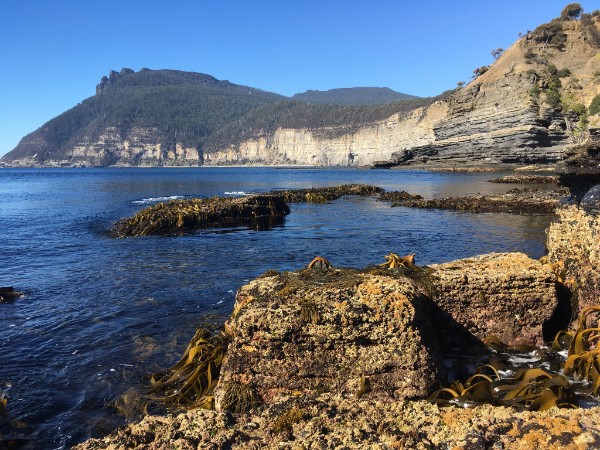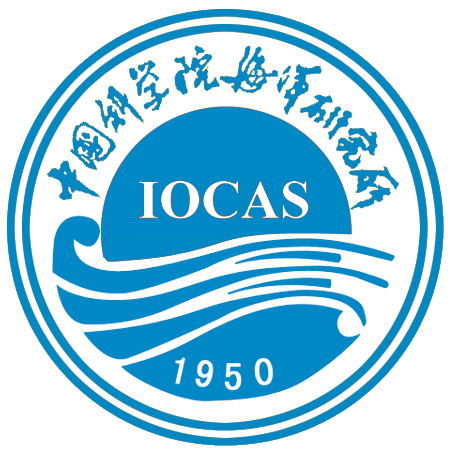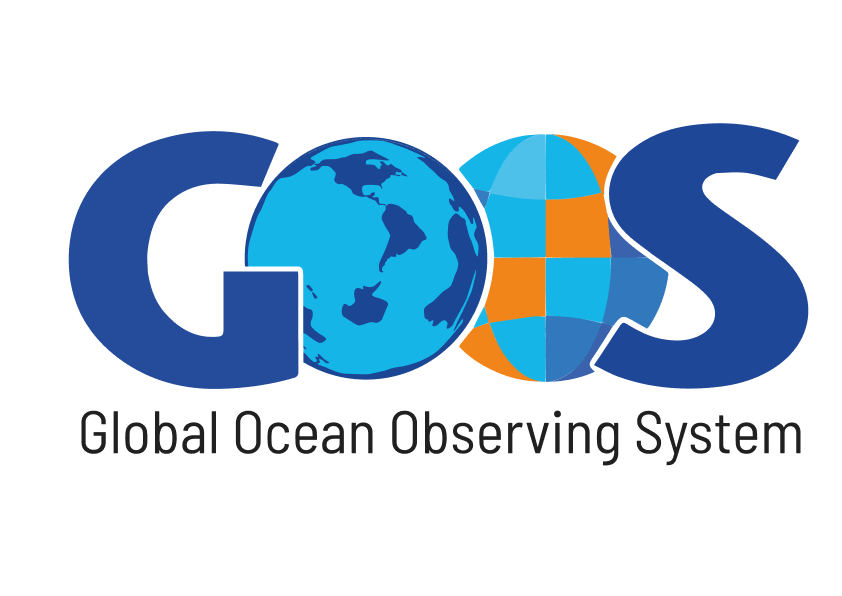Overview
Macroalgal forests (dominated by kelp and fucoid brown algae) are iconic on rocky reefs around the world’s temperate coasts. These highly productive and diverse ecosystems provide many important functions and services including provision of nursery areas, human food resources, and protection from coastal erosion.
Macroalgal forests are vulnerable to global threats such as ocean warming and acidification, and to regional anthropogenically-mediated stressors including habitat degradation, eutrophication, other pollution, over fishing, and invasive species. The compound effects of multiple stressors are eroding the resilience of these systems, making regime shifts and population collapse more likely. Regime shifts such as the replacement of canopies of large brown macroalgae by less productive, low-diversity assemblages of small turf-forming algae or sea urchin ‘barrens’ habitat are increasingly observed, particularly in temperate regions. In the tropics, many coral reefs are becoming dominated by macroalgal assemblages (Arias-González et al., 2017). Vulnerability begets sensitivity and macroalgal forests respond quickly to deteriorating environmental conditions, potentially allowing the early detection of impending regime shifts (Krumhansl et al., 2017). Furthermore, their broad distribution from boreal to temperate regions allows for tracking of geographic shifts in species ranges.
Macroalgal forests provide a sensitive and well understood indicator of changing coastal marine environments, and are also models for understanding more complex interactions influencing marine communities.
The goal of this WG is to advance the implementation of a monitoring strategy to assess macroalgal communities globally in a standardized, sustained, innovative and cost-effective way allowing for capacity development and technology transfer to scientists in developing countries.
How the Macroalgal Communities WG contributes to POGO priority areas
- Lead innovation in making observations that contribute to global observing (Priority 1) by developing a strategy to build and implement an observing system of macroalgal ecosystems
- Develop world-wide capacity and nurture new generations of scientists (Priority 2), and promote the importance of sustained systematic observing and evidence-based policy and management of the ocean (Priority 3) by drafting an implementation plan for global macroalgal observations which considers the (i) scientific and societal requirements and impacts, (ii) current capabilities, and (iii) actions required to achieve the plan. The WG will also draft training schedules for each technology level in the approach, and identify funding sources to establish a training website and to provide training workshops.

Location: Maria Island, Tasmania, Australia. Photo credit: Patricia Miloslavich
Status: Complete Working group
Year: 2018
Working group Participants
Leader
- Craig Johnson, IMAS, Australia
Participants
- Nic Bax, CSIRO/GOOS BioEco, Australia
- Inka Bartsch, AWI, Germany
- Lisandro Benedetti Cecchi, University of Pisa/GOOS BioEco, Italy
- Laura Blamey, University of the Seychelles, Seychelles
- Alejandro Buschmann, Universidad de Los Lagos, Chile
- Jarrett Byrnes, UMB, USA
- Melinda Coleman, Department of Primary Industries, Australia
- Guillermo Díaz-Pulido, Griffiths, Australia
- Rodrigo Garza Pérez, UNAM, Mexico
- Graham Edgar, UTAS, Australia
- Emma Flukes, UTAS, Australia
- Catriona Hurd, IMAS, Australia
- Daniel Ierodiaconou, Deakin University, Australia
- Eduardo Klein, USB, Venezuela and AIMS, Australia
- Brenda Konar, University of Alaska at Fairbanks, USA
- Kira Krumhansl, Fisheries and Oceans Canada, Canada
- Vanessa Lucieer, UTAS, Australia
- Nova Mieszkowska, MBA, UK
- Patricia Miloslavich, UTAS / GOOS BioEco, Australia
- Nick Murray, University of New South Wales, Australia
- Kjell Magnus Norderhaug, IMR, Norway
- Shaojun Pang, IOCAS, China
- Ester Serrao, Universidade do Algarve, Portugal
- Isabel Sousa-Pinto, University of Porto, Portugal
- Peter Steinberg, UNSW, Australia
- Rick Stuart-Smith, UTAS, Australia
- Peter Walsh, UTAS, Australia
- Thomas Wernberg, UWA, Australia







